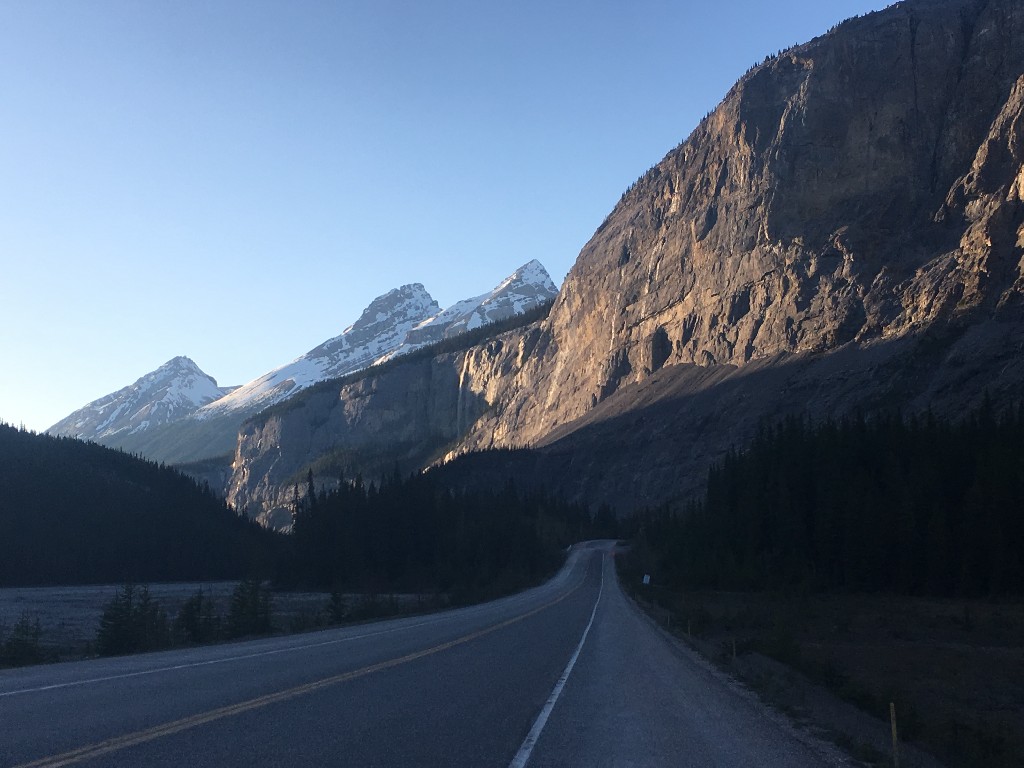Summer Road Trip Prep

Every time you head out for that first road trip, whether it be camping or just heading out to spend a great weekend doing what you love, it is inevitable that something is forgotten. I had the experience this past weekend where the discussion was around all of the kinks that the first trip works out - no salt & pepper, forgot the coffee, no bike pump, amongst other left at home items. One thing that seemed remiss was the lack of discussion around getting the vehicle ready for that trip, so I've compiled a list of little things you can do to be prepared for the unexpected and keep that road trip rolling on. The key is to lessen the odds of mechanical failure by doing a little pre-trip maintenance. Some of this is common sense and DIY, and some of this will require a licensed technician for servicing.
1. Check your air filters - Both your engine air filter and your cabin air filter keep the air flowing into your vehicle's operating systems free of debris. If your filter is clogged, it can reduce the amount of air flowing into your engine and reduce performance (read: fuel consumption). Your air conditioning system can also suffer from a clogged air filter. Check to see that the system is operating properly as deficiencies can lead to failure in hot weather.
2. Check your oil - Service intervals are suggested in your owner's manual, but your driving habits can alter this as well. If you are making frequent short trips, towing a trailer, or doing longer trips with a big load of gear, you may want to change your oil and filter more frequently. Circulating dirty or worn out oil can cause long term damage to the moving parts in your engine.
3. Engine performance - Your engine performance can be affected by different conditions. If you are frequenting dusty conditions that you may find while shuttling bikes up a gravel road, other filters may require cleaning or replacing (fuel, PCV, etc) in addition to your air filters. If you experience problems with your engine while driving (rough or inconsistent idling, stalling, lack of power, etc), have things checked out by a licensed technician before you hit the road.
4. Cooling system - Overheating is one of the most common problems with summer road trip breakdowns. The level of your coolant, condition, and concentration should be checked. Remember, if you are removing the cap off the radiator, make sure the engine has cooled to avoid being burned by the hot coolant under pressure. If this jump from winter to summer is any indication of what we are in for this could be a key element to enjoying your road trip or being sidelined.
5. Windshield wipers - The rubber on the windshield wipers breaks down over time and especially with harsh winter conditions (salt, sand, ice, etc). Keeping your windshield clean while driving reduces eye fatigue, so make sure you have lots of "juice" in the event of heavy bugs or mucky roads.
6. Tires - Check your tires for wear, especially uneven wear that indicates an alignment may be in order. Check the sidewalls for cuts or nicks that could cause issues. While you're at it, check your spare tire to ensure it is inflated and make sure your jack is present and in good condition. Some vehicles do not have a spare tire and instead have an inflation system that plugs the leak temporarily. Ensure you have a canister of the product that is valid.
7. Lights - Inspect all of your lights (daytime running lights, headlights, high beams, tail lights, signal lights, brake lights, high mount brake light, and license plate light) and replace any bulbs that are burned out. Clean the dirt and insects from your lenses with a soft, damp rag to avoid scratching.
8. Brakes - A prime time to inspect your brakes is when you change over from winter to summer tires. If you feel the brake pedal pulsating, if it feels soft or if your brakes grab or make noises, you will want to have them checked out. Small brake problems should be addressed in order to avoid bigger issues.
9. Battery - Your battery can have problems at any time of year. When you are packing the vehicle with doors open, be sure to turn off the interior lights linked to the doors. This will help to avoid battery drain before you even get on the road. This also goes for radios and devices connected to the vehicle in accessory mode without the engine running. All of these situations will drain the battery of its charge. If you are concerned about your battery, have a technician test it for you to determine if it is maintaining charge. A great option for those unexpected battery issues is a portable charger. It is a rechargeable battery pack with jumper cables that attach to it that can get you out of a jam. It is small, but it packs a punch and its a great item to have if your car is going to sit at a trailhead for more than a few days and you may not have cellular service to call for assistance. Pop it on and it will get you going in no time. Most of them have a built in flashlight and offer the ability to charge devices as a backup source of power as well.
Key items to include in your packing:
Basic tools, distilled water, litre of oil, duct tape, maps, first aid kit, food (non-perishable) and water, umbrella/tarp for shade, flashlight (extra batteries), jumper cables, and portable phone charger (these last three can be covered by one portable booster pack).
Pack these essentials and you will be sure to survive this summer season on the road!





